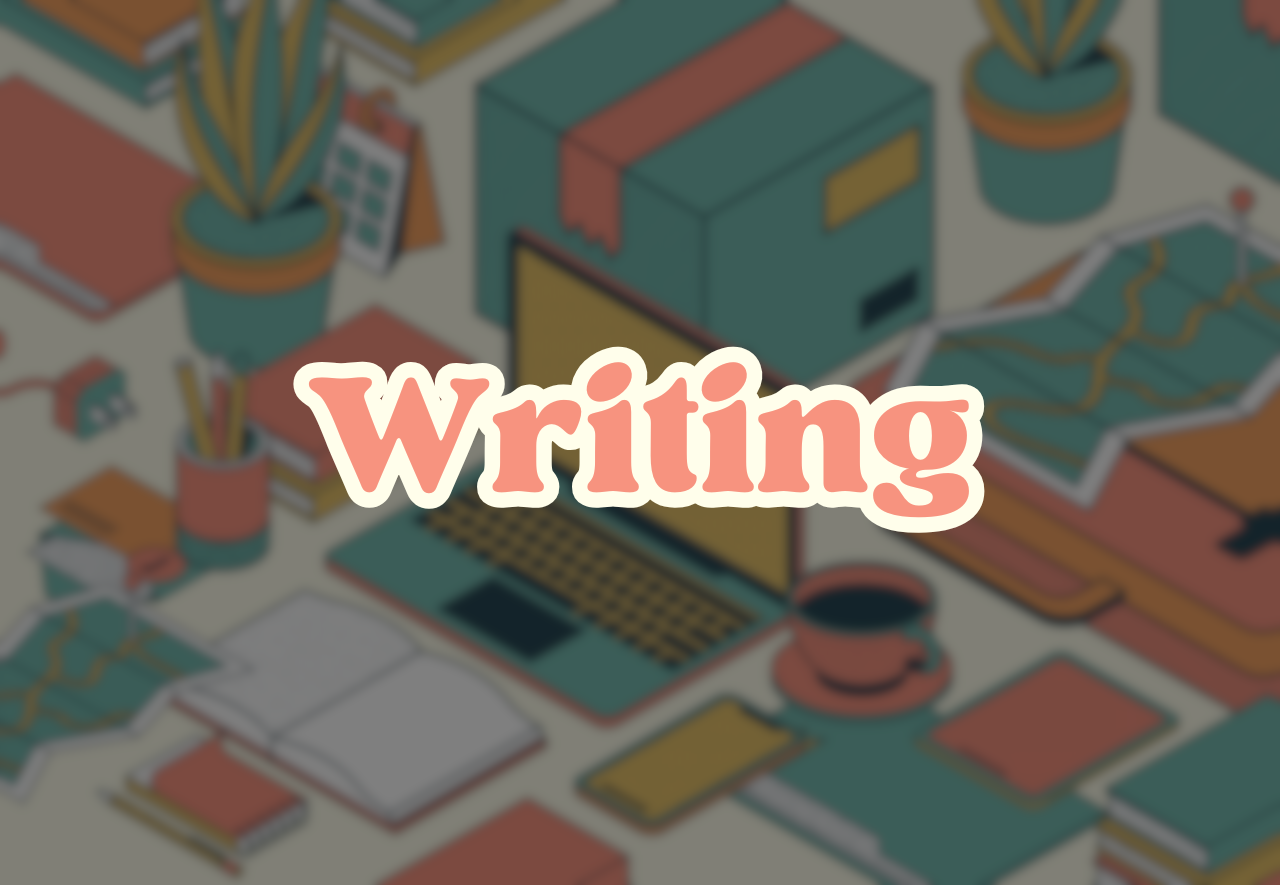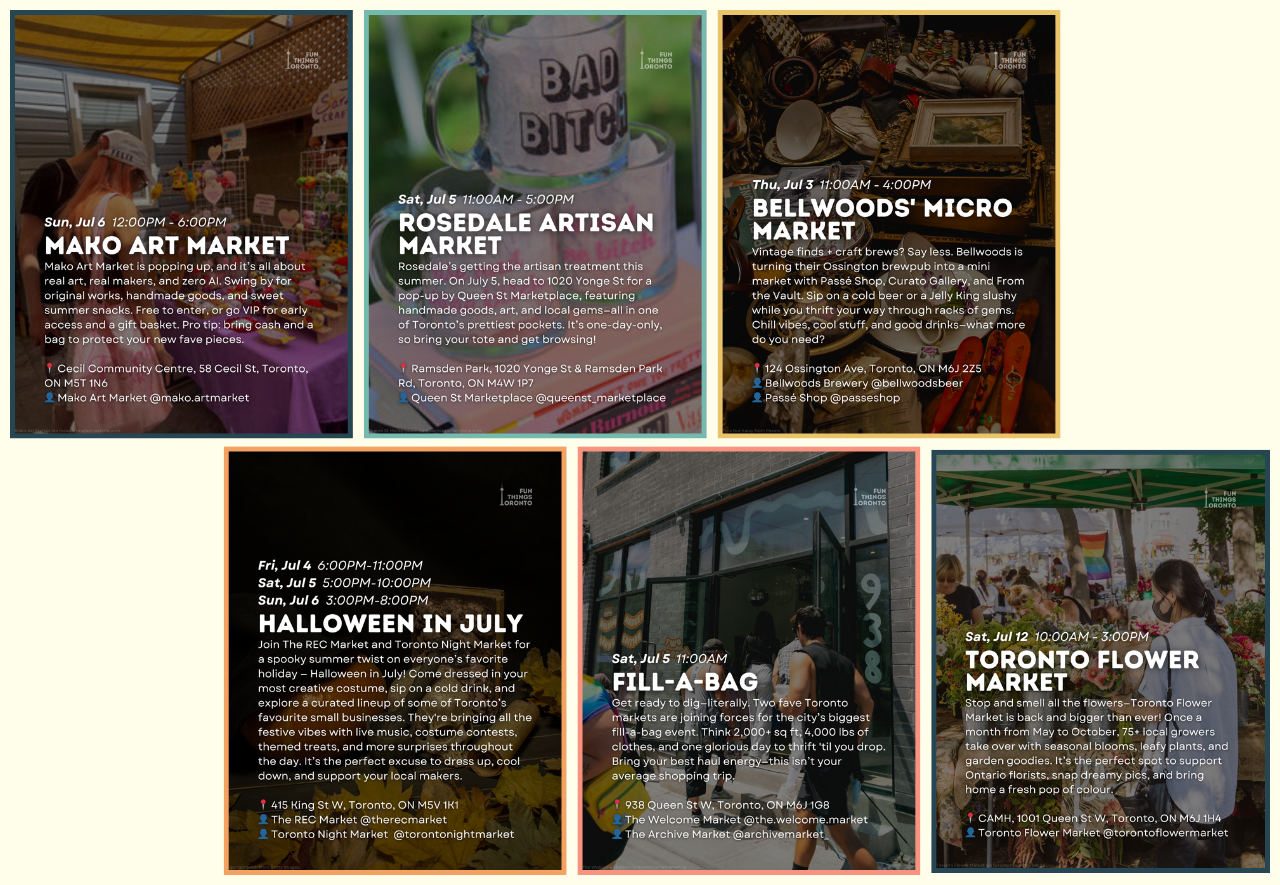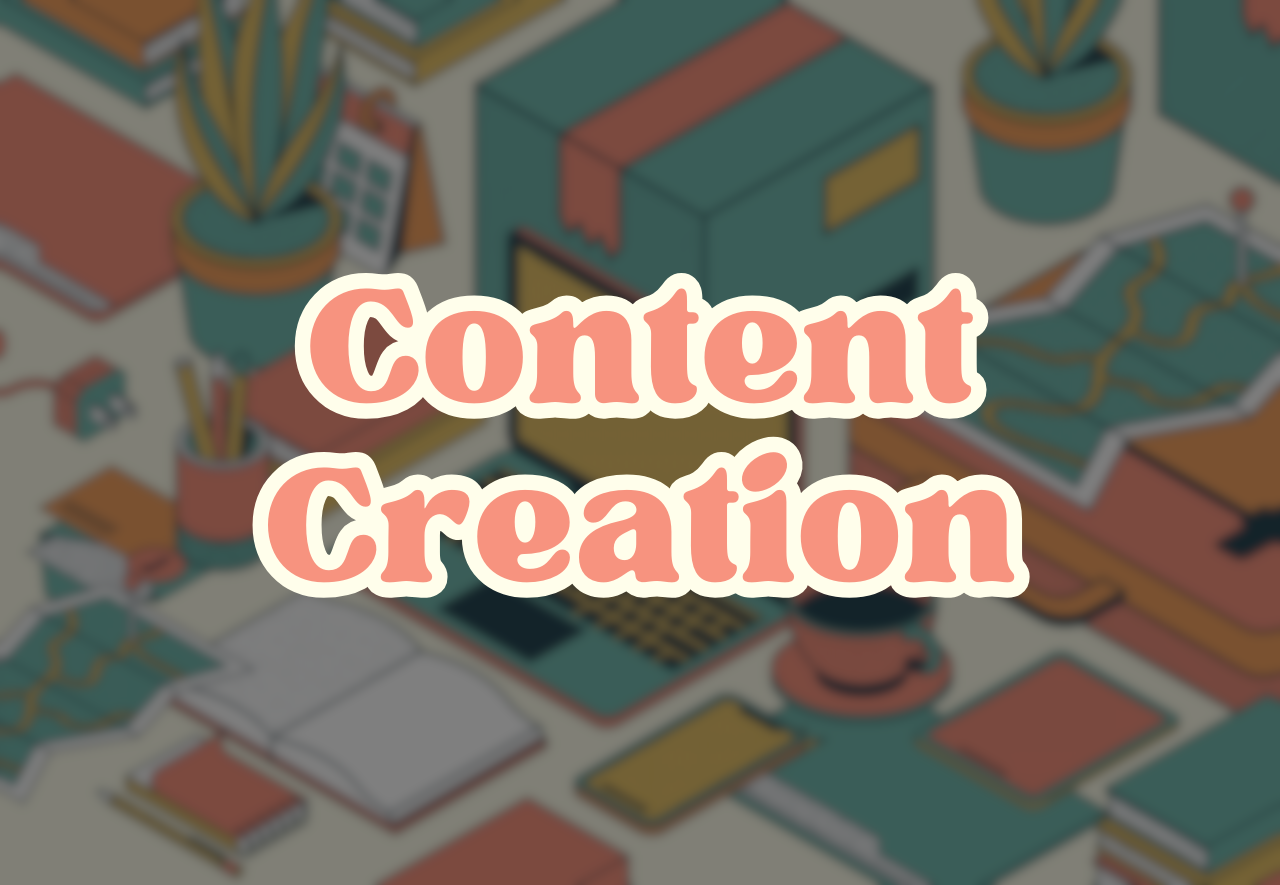Content Writing

Social Media Captions
I specialize in writing short-form content that’s designed to stop the scroll and spark engagement. Whether it’s a witty one-liner or a helpful tip list, I make sure every caption serves a purpose.
Listicle-Style Content
For these, I focused on clarity, tone consistency, and value. I make sure each slide had just the right balance of information and personality.



Book Reviews
While informal, these reviews showcase my ability to analyze, summarize, and express personal insight — all while keeping things readable and engaging.
Madonna in a Fur Coat by Sabahattin Ali (★★★★★)
Let me just say this: I thought I knew yearning. I thought I knew the ache of missed chances, of love that comes too late, of lives spent quietly unraveling in the shadows. I thought I knew all of that, and then I read Madonna in a Fur Coat. And it didn’t just prove me wrong, it undid me.
This book… This book gave me things. Things I didn’t know I needed, didn’t think I was missing. It gave me Maria. It gave me Raif. And in giving them, it gave me a version of love that is so soft and private and devastating that I almost felt like an intruder reading it.
Raif is not a man who leaps off the page. At first, he blends into the background like wallpaper:quiet, hesitant, unremarkable. He’s one of those people you pass on the street and forget five seconds later. But then, in Berlin, in a gallery filled with color and light, he sees a portrait of a woman in a fur coat. And something happens. Not in the dramatic way novels tend to insist upon—but in the subtle, irreversible way real lives are changed. That painting cracks his world open. Maria, fierce and wild-eyed in oil paint, pulls him from the mire of his numbness. Not with declarations or spectacle, but simply by being. And isn't that sometimes all it takes?
Maria is unlike any woman Raif (or we) have ever seen. She is not a dream girl, not a vessel for anyone else’s redemption. She sees men differently. She moves through the world with autonomy, with something jagged and glowing in her spirit. She's the kind of person who could either destroy you or save you, or do both in a single evening. And Raif, gentle and ridiculous and entirely sincere, falls. He falls completely. And for once, he lets himself be seen.
Their love (if you can even call it that, because it resists every easy category) is poetic and strange and so real. It is not neat. It is not resolved. It is a series of ellipses and absences. What they build exists in that fragile, suspended state where everything is just beginning and just about to end. And when it does end, it’s not with a grand tragic twist, but with the quiet horror of almost. Almost stayed. Almost loved. Almost lived differently.
What Sabahattin Ali does here is not simply tell a story. He unfolds a soul. Raif is the patron saint of people who feel too much and say too little. Of those who live on the sidelines, convinced they are unworthy of the main plot. He is sensitive to a fault, hesitant, inward-turning, and still, he holds this immense capacity for love that hurts to witness. I recognized myself in him more than I wanted to admit.
And the writing? It’s surgical in its precision and completely devastating in its understatement. Ali doesn't need melodrama. His weapon is melancholy. He knows that it's the unspoken that really ruins us: the long pause before a goodbye, the letter never sent, the chance never taken. And this novel is built entirely out of those moments.
I think what wrecked me the most is that this isn’t a story of heartbreak in the traditional sense. It’s a story of haunting. Raif doesn’t just lose Maria, he loses the only version of himself that ever felt real. And that version stays with him. Echoes through his every mundane movement, his quiet office days, his stilted conversations, the dead air of years slipping by. And as readers, we feel that emptiness humming beneath everything. We feel how the past isn't past at all—it’s alive, clawing its way back every time he closes his eyes.
Some books change how you read. Others change how you feel. This one changed how I remember.
And maybe that’s the highest compliment I can pay it: I don’t just love this book—I carry it with me.
“She had swept me away from my dark and silent world, delivering me to the land of truth and light. And now she had vanished, offering no reasons, and as suddenly as she’d come.”
What a cruel thing it is, to be awakened to joy, only to be asked to live without it.
This was my favorite five-star of the year, and maybe the only one that truly earned it. I will defend this book as if it were my own heart.
The Paper Palace by Miranda Cowley Heller (★★★☆☆)
There is a version of The Paper Palace that exists only in the blurb: a sweeping, sultry tale of love and betrayal, textured with sacrifice and the kind of aching, interior conflict that promises catharsis or devastation or both. But the novel we are given is something else entirely: a long, slow unraveling of a life we’re never fully invited to care about.
Elle, our protagonist, is introduced with the weight of a past that spans generations, trauma braided into the fabric of every family gathering, every summer return to the titular Paper Palace. The prose is often beautiful, and Heller is at her strongest when she's reaching backward, sketching out the messy, broken history that made Elle who she is. In those passages, there is an intimacy that works, even if it hurts.
But somewhere between the past and the present, that intimacy slips. The present-day story, the central decision Elle faces (between her husband Peter and childhood friend Jonas), feels hollow, even inert. Jonas and Peter are less people than projections, flickering, idealized specters that strain credibility. Peter is practically a saint, while Jonas is this brooding, eternally-pining dream boy. Both are painted in strokes too broad, too polished.
This is the novel’s primary fault: we are asked to care deeply about Elle’s choice, but her inner life never quite connects. Her reflections feel slippery, her desires oblique. There's little arc to her character, and without that movement, the entire premise of the novel begins to feel unmoored.
And then there’s the dissonance. The world these characters inhabit is a strange one, privileged, unmoored from reality. They move through lakeside cabins and New York apartments like ghosts, untethered by jobs or money or logic. It is difficult to place them, to believe in them. They act with the emotional volatility of people who’ve been through hell, but also somehow never seem to face consequences. It’s an uncanny narrative space where everyone is emotionally damaged and impeccably dressed.
There’s also the matter of content. It must be said: this book is heavy. Trigger warnings abound, many of them serious, several unexpected. And while some of these moments are handled with nuance, others feel sudden and poorly integrated. There’s an unsettling imbalance in how these traumas are presented, at times too graphic, at times too vague, always teetering on the edge of exploitation.
Still, there is something about Heller’s writing that lingers. The past glows with texture, heat, and emotional precision. Her ability to conjure memory, saturated with light, shame, and longing, is often breathtaking. I found myself underlining passages. I found myself angry that those passages weren’t part of a better book.
In the end, The Paper Palace is a novel with an extraordinary past and a deeply unsatisfying present. I think it will stay with me, not for its characters, not for its plot, but for the atmosphere of something almost meaningful, almost profound.
Three stars. Maybe three and a half. Ask me again in six months.
Tone & Writing Strengths
While I don’t have formal training or editorial experience, I write with intention, clarity, and a strong sense of voice. Whether it’s a social media caption, a listicle-style post, or a personal review, my writing is designed to resonate with real people, not just fill space. I prioritize tone, structure, and audience connection in every piece.
Here’s what I bring to the table as a writer:
✧ Clear, concise, and conversational style
✧ Flexible tone: from playful to polished
✧ Reader-focused and easy to follow
✧ Strong instinct for flow and rhythm
✧ Comfortable with both short- and long-form writing
✧ Naturally engaging, with attention to detail
I'm always learning, refining, and adapting, and I’m excited to keep growing this skill set through every project I take on.


